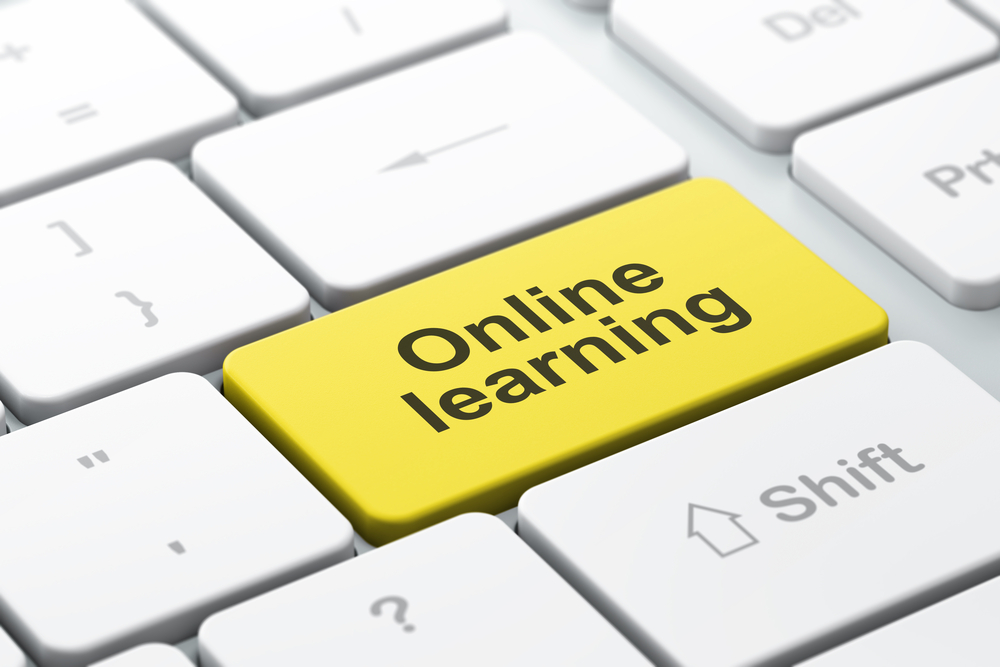Education will now move from a system-imposed disciplined endeavour to a voluntarily participating and internalised process. It will be truly a learner-centric education now in the new normal and shall be far more participative than the past. The learner in the digital or blended mode is learning voluntarily and not based on an imposed discipline on campus through a web of rules and power dynamics. While voluntary learning will throw many non-interested or apathetic learners out of the learning circle, it will also make many focused learners internalise education better and apply it in a more focused manner at his or her level.
With Artificial Intelligence, robotics, automation, Machine Learning, and Internet of Things being the other emerging realities, the skills for mass production or education to do the same work repeatedly will be irrelevant ahead when machines will take over almost all such work (more than three-fourths of all human work today). Hence, new-age skills, apart from technology use, have to be in areas like creativity, innovation, incubation, problem-solving, teamwork, leadership, critical thinking, design thinking, empathy, emotional intelligence, and risk management. Each of these can be qualitatively and quantitatively mentored to any youth from an early age of say 15 years till 25 years of age and will become his or her second nature.
To deliver such learning, the learners’ engagement techniques have to be more tech-savvy (Google forms, polls, surveys, quiz, virtual lab and studio, AI tools) and also with higher emotional quotient (use of humour, videos, info-graphics, empathy in the class, allowing diversity of opinion, wellness conscious).
Even the evaluation or assessment has to be diverse. Assessment refers to learner performance; it helps us decide if students are learning and where improvement in that learning is needed. Evaluation refers to a systematic process of determining the merit value or worth of the instruction or programme; it helps us determine if a course is effective (course goals) and informs our design efforts. Assessment and evaluation can be both formative (carried out during the course) and summative (carried out following the course). There can be many ways for the same. Mentors can make learners aware of expectations in advance (e.g. one week for feedback from deadline) and keep them posted (announcement: all projects have been marked). For example, one can create tests that are multiple-choice, true or false, or short answer essays and one can set the assessments to automatically provide feedback.
When online, evaluation can be based on proctored digital examination or open-book analytical and applied evaluation with non-Google-able questions. And this is surely not an easy task for the mentors as teachers of the past were used to repeating past questions, had set patterns of questions, examinations were ‘suggestions’ and memory-based, and not application-based in general. Online quiz, open-book examination with time-managed and proctored question paper delivered online, applied questions not based on memory but comprehension, telephonic interviews have been the usual ways of digital assessment and evaluation of learning.
There will be an offline evaluation also. Here, the assessment can be based on offline written examinations, field-survey-based presentation or report writing, debates, lab/studio-based practical, or peer-group work, or submission of a long-term real-life or live project.
Digital Learning Tools Today
The pandemic requires universities to rapidly offer online learning to their students. Fortunately, technology and content are available to help universities transition online quickly and with high quality, especially on the digital plank, though at a cost and with the risk of several teachers and administrators being forced to go out of the system.
Digital learning on the go or from distance calls for tech-led holistic solutions. It requires several content pieces to be transmitted digitally. These content pieces can be in the form of PDFs, PPTs, URLs, YouTube links, podcast links, case studies. There can also be e-books, audiobooks, Kindle-based content, Magzter sourced magazines. Then this can involve learning without being face to face through boxes, as in Google Class, or learning face to face as in Zoom live audio-visual discussions. People may also use GoToMeeting or MicrosoftMeet sessions. Attendance can be taken on Google Spreadsheet and through Whatsapp group chat of a batch of students too.
Then there are MOOCs, collaborative distance learning, wikis, blogs. Individual resource-rich institutes develop their customized secured and IPR protected Learning Management Systems, through the use of BlackBoard or TCSion LMS. Other LMS options like Kaltura or Impartus allowing video recording of talks also are in use in many places. There are CourseEra courses, Swayam online lessons from UGC, and similar other avenues to learn online.
Learning digitally can be further assisted with Virtual Reality (VR), Augmented Reality (AR), and Mixed Reality (MR) which can take the viewer to an enhanced experience even integrating scenarios that are yet to happen creatively bringing them within the learning experience. These are immersive and contextual experiences, and artificial intelligence-driven chatbots can further enhance the digital interface of the learner and the mentor.
[to be continued]
DISCLAIMER: Views expressed are the author’s own, and Outlook Money does not necessarily subscribe to them. Outlook Money shall not be responsible for any damage caused to any person/organisation directly or indirectly.









